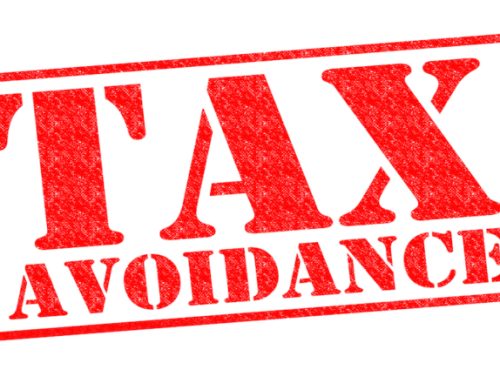A very recent judgement, handed down on 30 October 2019, has provided further clarification as to the Court’s view of the viability of Employee Benefit Trust Schemes (“EBT’s”). It will also provide further encouragement for liquidators who may have been cautious over litigating in such matters.
As you will be well aware, in 2017, in a landmark case, (the “Rangers case”), the Supreme Court considered whether monies paid into an EBT by an employer (Rangers FC), were taxable. In the Rangers case, an EBT was set up and utilised to allow Rangers players to enjoy tax free loans. The Supreme Court considered that the monies paid into the EBT were earnings and thus created a tax liability.
Two years later, In Re Implement Consulting Limited (in liquidation); Toone v Ross and Bell [2019] EWHC 2855 (Ch) the position is further clarified, but on this occasion from the viewpoint of the company rather than HMRC.
In November 2016. Implement entered into insolvent liquidation. The main creditor was HMRC who lodged a proof of debt in the liquidation for £1,747,621.
Distributable reserves were taken from the Company and used to make tax free payments to employee shareholders. Payments were proportionate to the shareholding of each individual.
The Court was asked to look at this latter case “from the point of view of the Company”.
Chief ICC Judge Briggs found that the payments “were in substance distributions… were made at a time when the Company was insolvent and in breach of director’s duties”.
The judgement referred to “the proper characterization” of payments made out of the Company” and considered that the payments made into the two EBT’s and an interest in possession fund were distributions. All the monies paid into those schemes were unlawful and the directors now have to pay those sums to the company.
Editor’s note
In essence, the judgement illustrates the fiction which lies at the heart of EBT’s. Liquidators should take heart from the fact that following the Rangers decision, decided from the point of view of HMRC, this later judgement, all be it at first instance, supports their potential statutory remedies.
The judgement is particularly useful as it provides new case law and as stated by the liquidator “shows directors and shareholders are at real risk of being pursued for payment”.





Leave A Comment